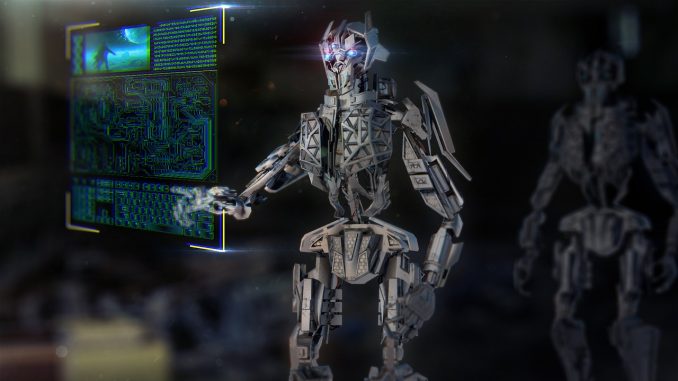
Artificial intelligence (AI) is helping the electrical industry solve its 21st-century challenges. Increased global demand for clean energy and sustainable practices require a fresh approach to generating, distributing, and selling energy. Utilities are making the tough transition towards harnessing renewable resources, minimizing carbon footprint and hazardous by-products, and keeping electricity costs affordable to the average consumer. Without Artificial Intelligence, electrical providers will be hard-strapped to meet those goals.
Artificial Intelligence in Developing Electrical Generation, Distribution, and Cost
Utilities and energy companies use AI to create cost efficiencies in existing processes and create other income-generation opportunities. These, in turn, make clean and affordable energy from renewable resources more accessible to consumers:
Improving Grid Stability
Autonomous grids that employ artificial intelligence can be programmed to manage power disruptions and fluctuations automatically based on analysis of the system’s past performance. Having a grid that efficiently responds to its own system issues makes a massive difference in saving cost and manpower. This also makes power supply more reliable for consumers.
Finetuning Weather Forecasting
Unlike conventional sources of energy, the demand and availability of renewable energy are largely influenced by natural factors like climate and weather. Integrating clean power sources like wind and solar into the grid requires accurate weather forecasting. Governments who are early adopters of clean energy grids have already found significant cost reductions in their AI-assisted operations by automating granular forecast modeling and reducing human errors and inefficiencies.
Predictive Maintenance
AI systems are also cost-effective for managing equipment failures and conducting preventive maintenance. Smart applications and tools, like deep-learning asset inspection drones, are now used to monitor plant equipment, predict failure, and trigger an appropriate notification or preventive measures. While the technology is still in its early stages, this safe and intensive asset management approach has the potential to save time, costs, and lives.
Locating Potential Sources
Energy companies for both conventional and alternative sources benefit from AI systems when identifying locations with promising energy generation potential. Oil companies use the same type of technology in their upstream explorations, both in finding new well sites and optimizing the extractions in existing ones.
Customer-Centric Demand Management
The customer-centric model is also becoming more and more essential to the electrical industry. Like other areas of commerce, effective energy providers stay attuned to the evolving needs of their customers and constantly upgrade their solutions. AI applications enhance customer participation in demand-response programs, which increases the ability of utilities to supply energy fit for current customer demands.
Grid Consumption Security
Many developing regions struggle with energy theft, which is as high as 40% of distributed energy in countries like Brazil. With AI, energy providers can detect irregularities in consumer usage, payment history, and other details so that grid abuses can be easily stopped and prevented.
The Birth of a New Age for the Electrical Industry
Artificial intelligence opens up a wide range of possibilities for the energy sector. The shift to AI-powered methods of power generation and distribution helps not only providers but also corporate and retail consumers, who all lean on reliable and affordable energy for daily living and operations. More importantly, the shift to smarter energy management makes clean energy and sustainability a much more achievable collective goal for all stakeholders involved.

